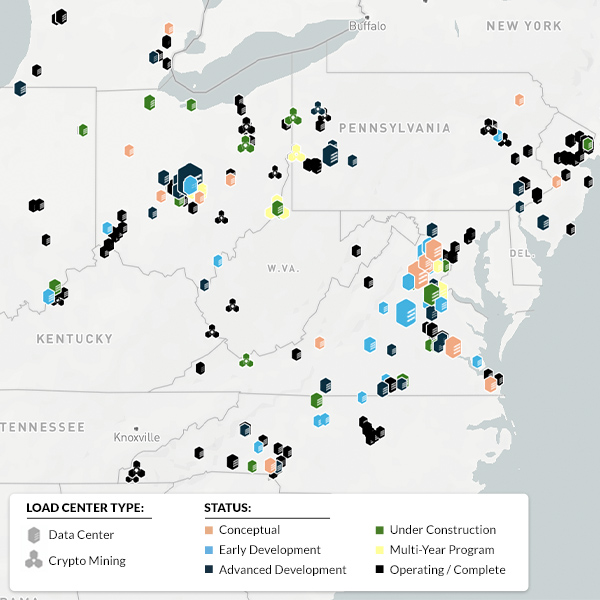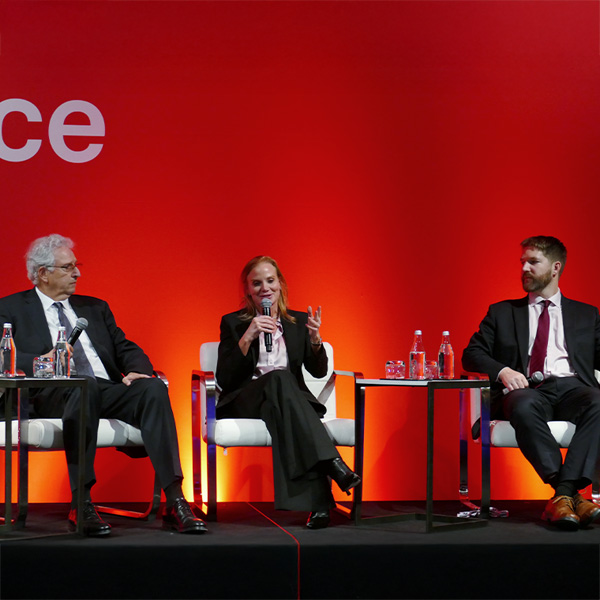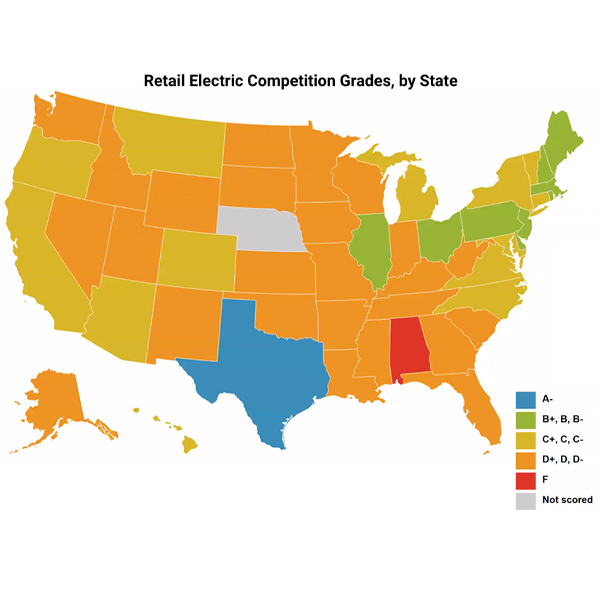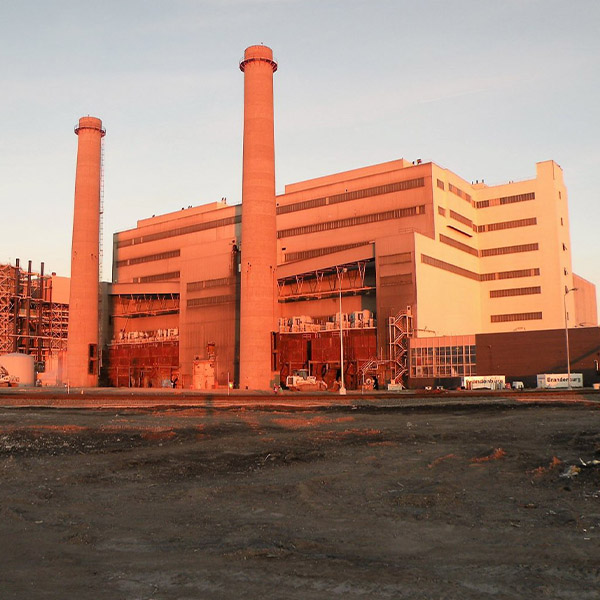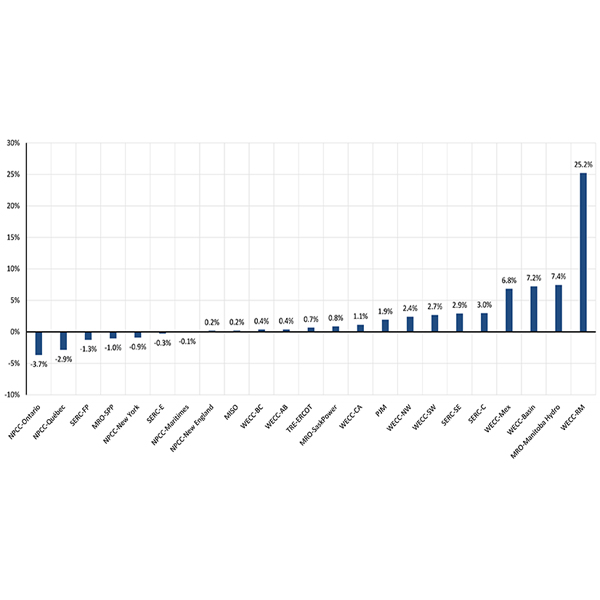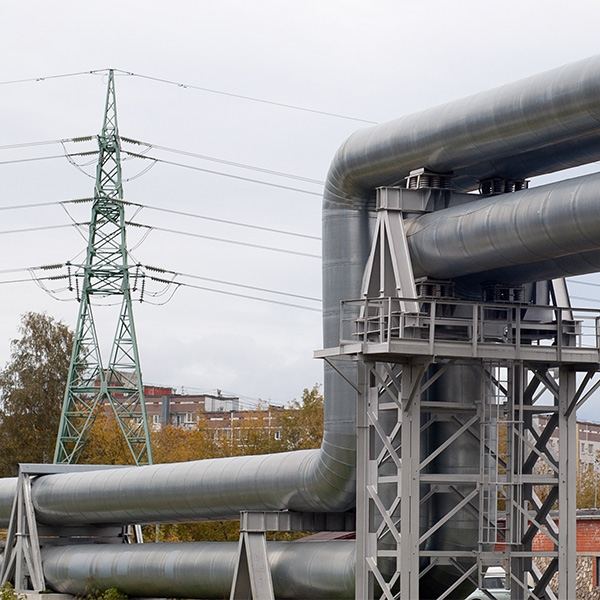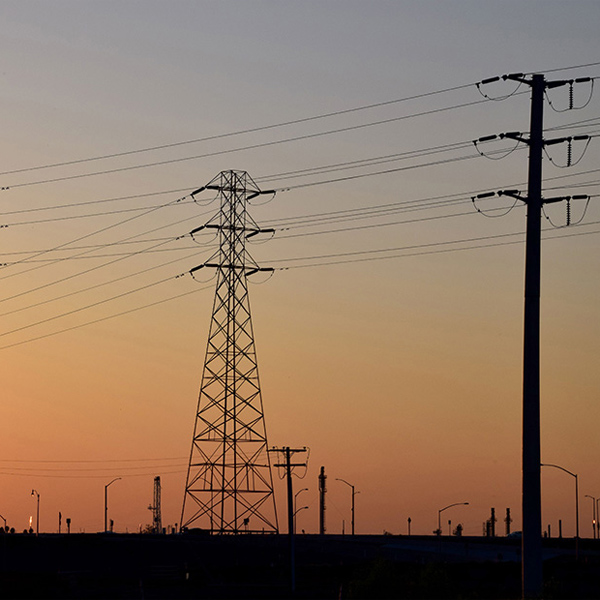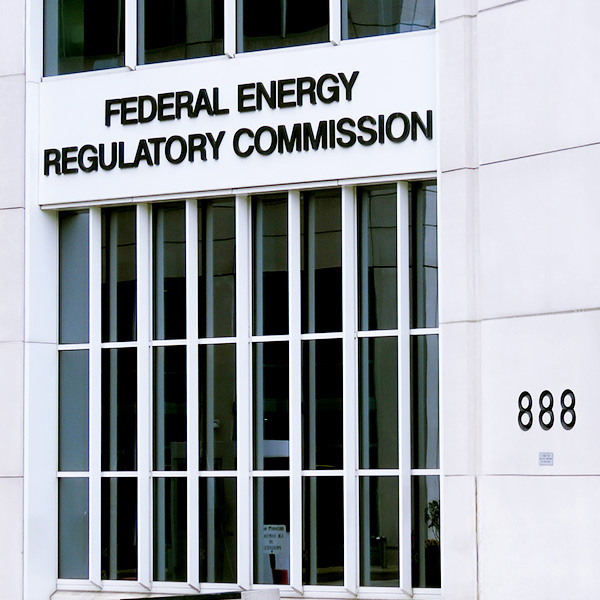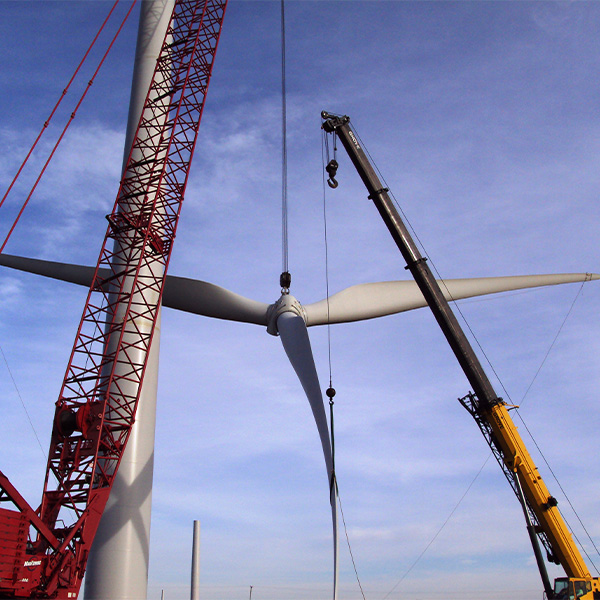R Street Institute
Many comments on the Department of Energy’s Advance Notice of Proposed Rulemaking to FERC on large load interconnections warned against going too far into jurisdictional issues.
Former FERC Chair Richard Glick and former FERC economist Devin Hartman told attendees at the Nodal Trader conference that they fear for FERC's independence.
The R Street Institute has ranked the states on their embrace of policies related to competition, which includes retail power markets, RTO membership, smart metering policies and friendliness to distributed resources.
Permitting reform legislation is starting to move through Congress, with a key House committee holding a hearing and supporters lobbying legislators, though actually passing a bill is tough in any political climate.
Three clean energy trade groups asked DOE to reconsider its recent report on resource adequacy, which they contend uses a deterministic approach to stake out a position for not retiring any more power plants in the face of rising electricity demand.
Former FERC Chair Neil Chatterjee and other panelists in an ACORE-hosted webinar warned that grid stakeholders need to put aside old ways of thinking to address growing reliability challenges.
President Trump's executive orders on energy are not enough on their own for the industry to meet the rising demand for AI and data centers, and experts say another attempt at permitting reform is needed.
A wide ranging group of consumer organizations filed a complaint with FERC that seeks to rein in what they say is excess utility spending on transmission under local planning processes.
Change is coming to FERC after Tuesday's election, but the policies the agency oversees are rarely top of mind during campaigns, so it is unclear how much will be different.
FERC is considering additional changes to its rules on generator interconnections, with a technical conference set for Sept. 10-11 that saw pre-conference comments filed this week.
Want more? Advanced Search
